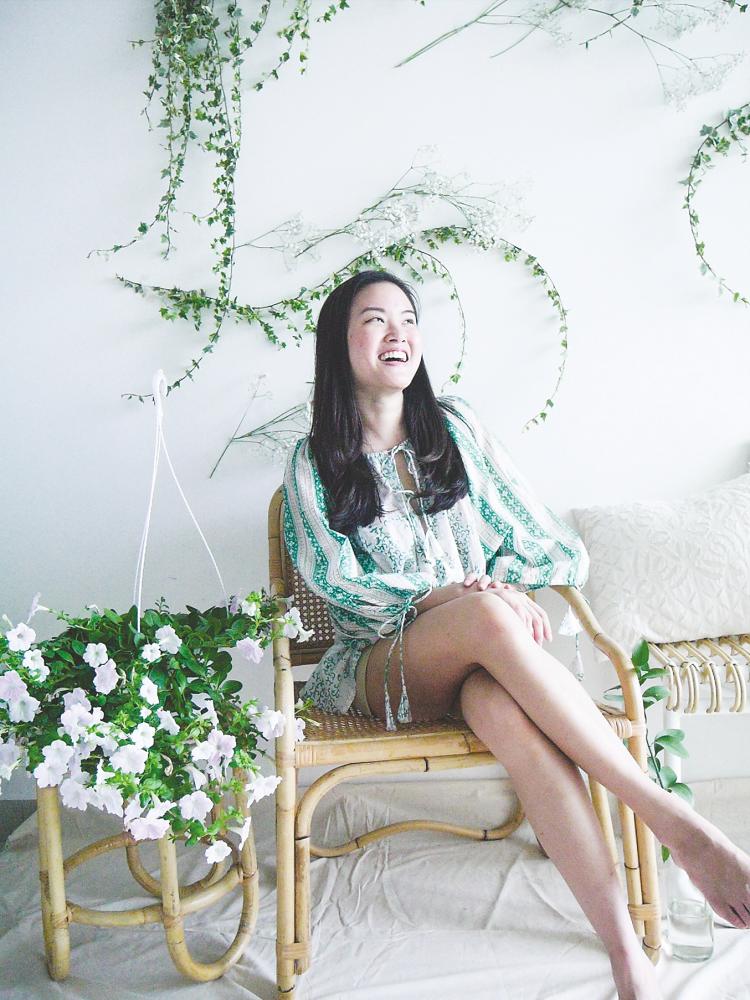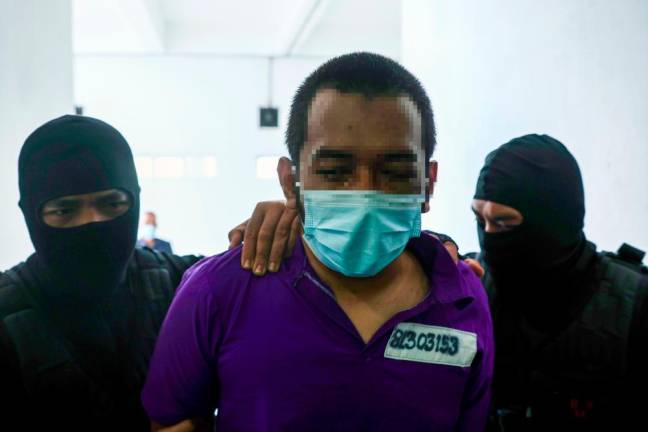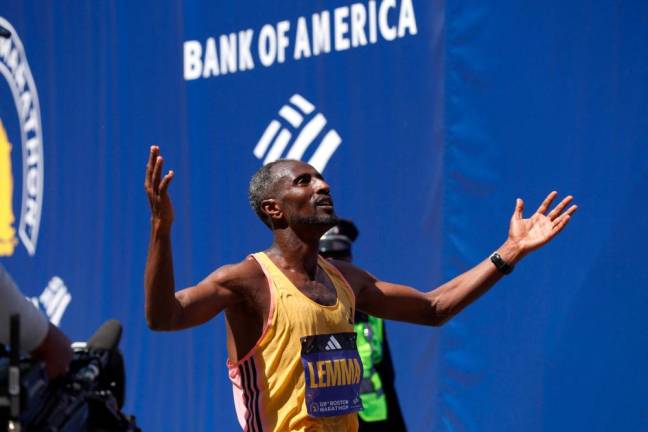We’re at a pivotal moment where the global fashion industry is reconciling with the possibility and necessity of ethical and sustainable wear.
With the growing environmental concerns, pressure has been inflicted on fashion labels to improve environmental compliance efforts considerably by demonstrating transparency in the supply chain to ensure how clothes are sourced, produced and consumed. Because it shouldn’t take the deaths of 1,134 people at the 2013 Dhaka garment factory collapse in Bangladesh due to inadequate building infrastructure to make us value our clothing.
As we tackle fashion industry’s most pressing issue, how do we exercise creativity while wanting to disrupt the public discourse of fast fashion, at the same time, still be able to influence positive change in creating a more ethical and sustainable future of fashion?
Enter Kanoe Wear in 2016 that felt like a solitary endeavour at first but has evolved into a social brand, joining a global fashion movement to seek safe, clean and fair clothing, while inspiring actions through conversations with like-minded people.
By integrating cultures, ideals and values that resonate either individually or collectively, founder Noelle Kan is able to collaborate across the whole value chain with local businesses, artisans, charitable trusts that support handmade garments.
Like her brand, she’s a child of tropics and citizen of the world. Kan travels to bring wider recognition to the many skilled workers and creative artisans. This, in turn, has helped ensure their work is properly valued and fairly remunerated for their exceptional craftsmanship, ensuing better livelihood and wellbeing within the community.
Kan’s poetic and intrinsic wanderlust DNA shapes the innate understanding to promote better living through its boho-chic designs.
She explains: “We love the idea of wearing beautiful garments made only of natural fibre that has been grown from the earth. In this fast-paced world that is moving ever so quickly with technology and machine, we love the idea of wearing hand block printed dresses and hand embroidered details.”
Fashion in Kanoe’s way is never unnecessarily destroyed or discarded but mindfully designed in every possible measure, but is it possible to measure sustainability?
Kan speaks out: “It is vague in some sense, you may think that organic cotton is a sustainable alternative because it is grown without the use of toxic pesticides. However, it uses up more water in its production which essentially isn’t completely sustainable.
“Hence, I try not to be extreme with sustainability but it has to be ethical regardless. It prompts questions like: ‘Is this conduct loving to the people and planet?’ and ‘Am I fully utilising all that I have?’
“Sustainability is the means for businesses and the industry at large to be able to support itself and be fruitful in the long run, in a way it must not come to a point that it collapses.”













